Have you ever wanted to own a non-fungible token (NFT) but didn’t have the money to purchase it or the time to wait until you could afford it? Well, there is another way now—renting!
NFT renting allows users to temporarily own special NFTs without buying them. But how does NFT renting work, and how do you determine if it is right for you?
What Is NFT Renting?
NFT renting is borrowing an NFT for a set period. This is made possible using a smart contract that acts as an escrow and generally requires some deposit. The NFT is to be returned to the original owner at the end of the rental period.
NFT renting has become a popular trend among cryptocurrency investors, as it allows them to gain exposure to new NFTs without actually buying them.
What’s the Point In Renting an NFT?
There are several reasons people rent NFTs.
Source of Income
For the lender, renting can serve as a source of income. Lenders can charge a rental fee for the use of their NFTs.
The High Cost of NFTs
Many people cannot afford to buy an NFT outright. Renting allows them to enjoy the privilege of owning the asset without making a large upfront investment.
The Need for Flexibility
Some people may only need or want to use an NFT for a short time; renting allows them access to the NFT when needed.
The Fear of Obsolescence
Investors may be hesitant to buy an NFT outright because they fear it may lose its value or become obsolete soon after they buy it. With NFT renting, you can let go of the NFT when you feel it is no longer useful.
The Lack of Storage Space
More storage space may be required to keep a purchased NFT. Renting offers a way to enjoy the benefits of the NFT without finding storage space.
The Desire to Try Before Buying
Renting allows you to try out NFTs before buying them. This can be helpful for investors who require additional help in choosing an NFT to buy.
The 2 Types of NFT Renting
There are two forms of NFT renting: collateral renting and non-collateral renting.
1. Collateral Renting
In collateral or collateral-based renting, NFT owners place their digital assets on a market that allows NFT enthusiasts to lend and borrow. If a renter finds and has an interest in using an NFT, they can proceed with the NFT renting process, in which the NFT is embedded into a smart contract, and the borrower and the lender agree to the contract’s terms.
The smart contract allows for the documentation of the renting terms and conditions and other pertinent information. These terms and conditions include returning the asset before the contract ends, providing collateral, and more.
The smart contract becomes effective when the renter and the lender accept its terms and conditions. The borrower now possesses the NFT and can enjoy the benefits of ownership while the period of the agreement lasts.
The smart contract becomes inactive as soon as the renting duration expires, and the NFT lender gets their NFT back. The NFT lending process is complete when the borrower regains possession of their collateral.
2. Collateral-Less Renting
Collateral-less or collateral-free renting is similar to collateral-based renting, but it’s easier, offering significant benefits to both the asset owner and renter. This form of NFT renting does not necessitate lenders to give up collateral.
Here’s how it works: NFT owners enlist their assets on an NFT marketplace that facilitates renting NFTs, and anyone can indicate interest in renting a particular digital asset. After indicating interest, the marketplace initiates a smart contract to receive the deposit of the NFT. Then, both the borrower and the lender agree to the contract terms, including the rental fees and duration.
After the renter pays the rent and any fees for incentives, the marketplace activates the smart contract, and the renter gets the wrapped NFT. After the smart contract expires, the wrapped NFT returns to the contract, where it is destroyed.
3 Platforms Where You Can Rent NFTs
Here are three blockchain protocols through which you can rent NFTs.
1. reNFT
The main goal of reNFT is to facilitate the rental of NFTs. The platform even established a partnership agreement with Rarible as the first NFT marketplace with fully integrated reNFT renting protocols.
reNFT primarily offers a protocol layer that enables individuals on the Ethereum mainnet to rent ERC-721 and ERC-1155 NFTs from one another.
Technically, to lend NFTs using reNFT, you will have to upload your NFT to their listings. These listings are smart contract-enabled. The lender determines the NFT price (which the borrower provides as collateral), the duration of the rental period, and the rental price (how much the lenders want to be paid daily).
The reNFT smart contract acts as a guarantor, holding the collateral issued by the borrower and the NFT issued by the lender. The borrower receives the collateral only after the NFT has been returned to the smart contract. However, if the NFT is not returned, the lender may seize the collateral.
UnitBox DAO
UnitBox DAO is a blockchain startup that believes NFT renting can make it easier for more people to join the play-to-earn ecosystem of the GameFi universe. The platform affirms that in-game land plots, character skins and equipment, and the concept of NFT renting can all work together effectively.
UnitBox’s rental system is still undergoing testing, but the DAO intends to allow people to rent without providing collateral. This will be accomplished through a protocol that generates “wrapped” versions of the NFT, which the lender can call back at any time.
The DAO claims it is collaborating with some of the largest players in the NFT industry but provides few details about these parties.
IQ Protocol
IQ Protocol is another startup in the NFT renting scene that intends to create wrapped, collateral-free NFT rentals. However, their smart contracts will include an expiration date to fix the rental duration. The marketplace for IQ Protocol rentals is yet to be fully operational, as it is in the beta stage, just like UnitBox.
Before they can convince the rest of the NFT ecosystem that this project is worthwhile, both Unit Box and IQ Protocol, as well as the DAOs and protocols that use them, have a long way to go. As with many things that originated on Web3, the concept is both intriguing and tentative.
Can You Make Money with NFT Rental?
You can rent your NFTs to generate passive income, especially if you own in-demand assets. The concept is very popular among people who play games for financial gain, as many games in the NFT industry require a substantial initial investment before you can begin earning from them. This can range between $1,000 and $10,000 (or more).
You can buy the required NFTs for these games and lend them to gamers who cannot afford them but still wish to play. Typically, these NFTs are in-game tools, characters, skins, or even plots of land, providing players with a competitive advantage. In exchange for renting the NFTs, players give you (the lender) a portion of the cryptocurrency they earn when they engage in online combat, farming, or racing.
It’s Time to Rent Your NFTs
The idea of renting out your NFTs or renting someone else’s sounds like a strange concept. You’re borrowing a digital asset to make money from or to get into a game or otherwise. But in reality, is it any different from borrowing a game or book from a friend and then returning it later?
The only difference is the tech, and NFT borrowing will only evolve and grow with time.
Read More: news.google.com

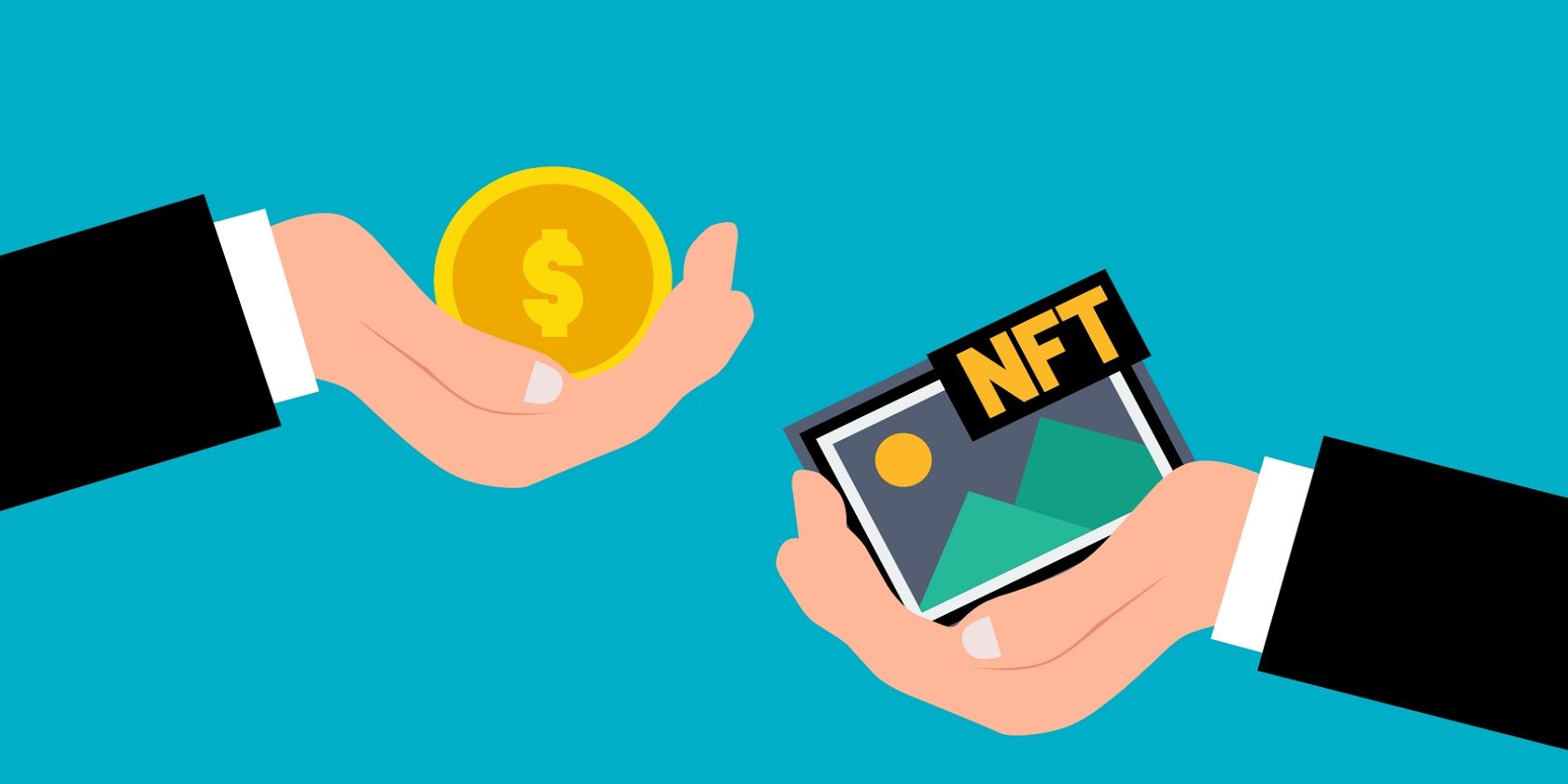
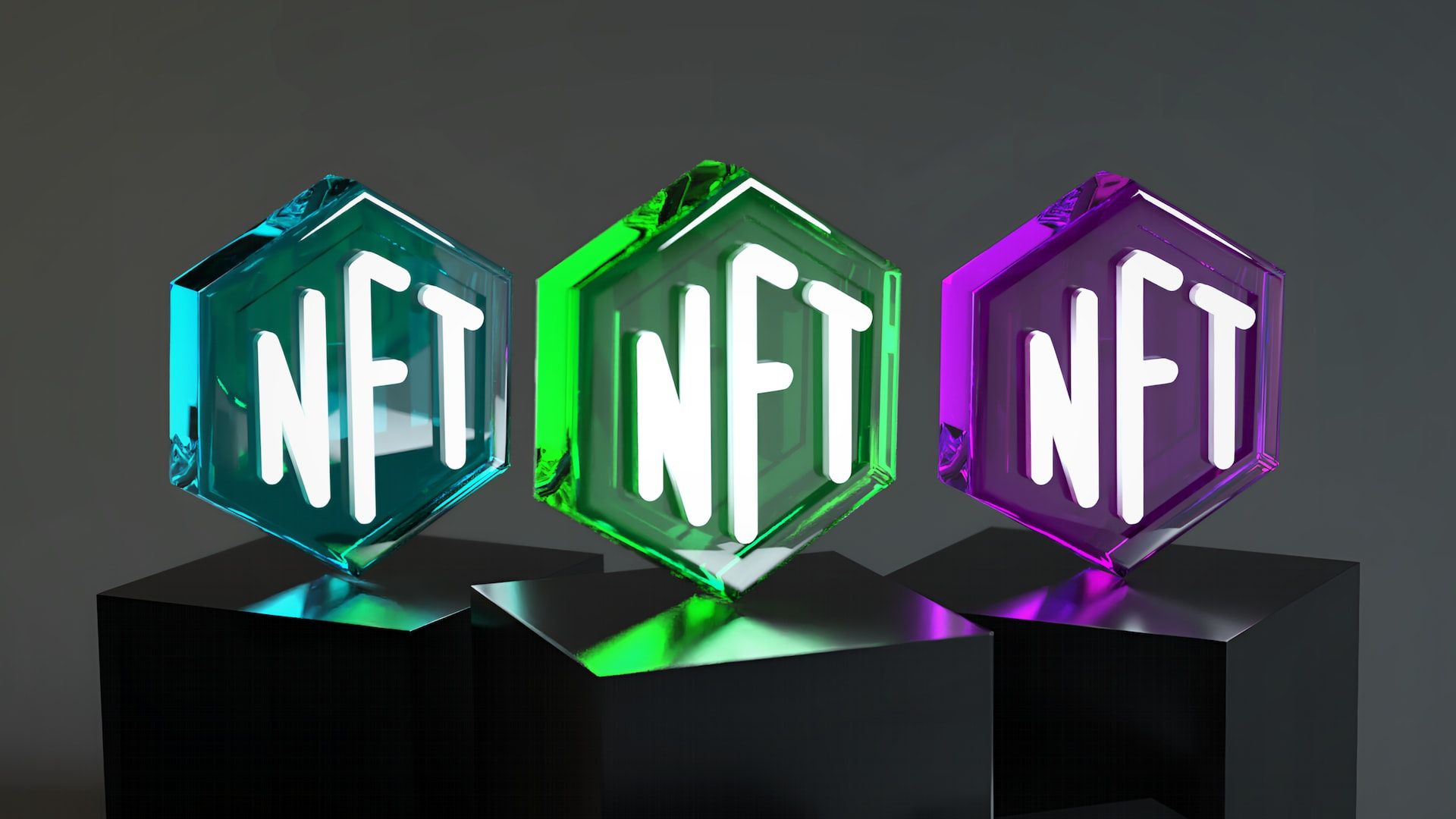
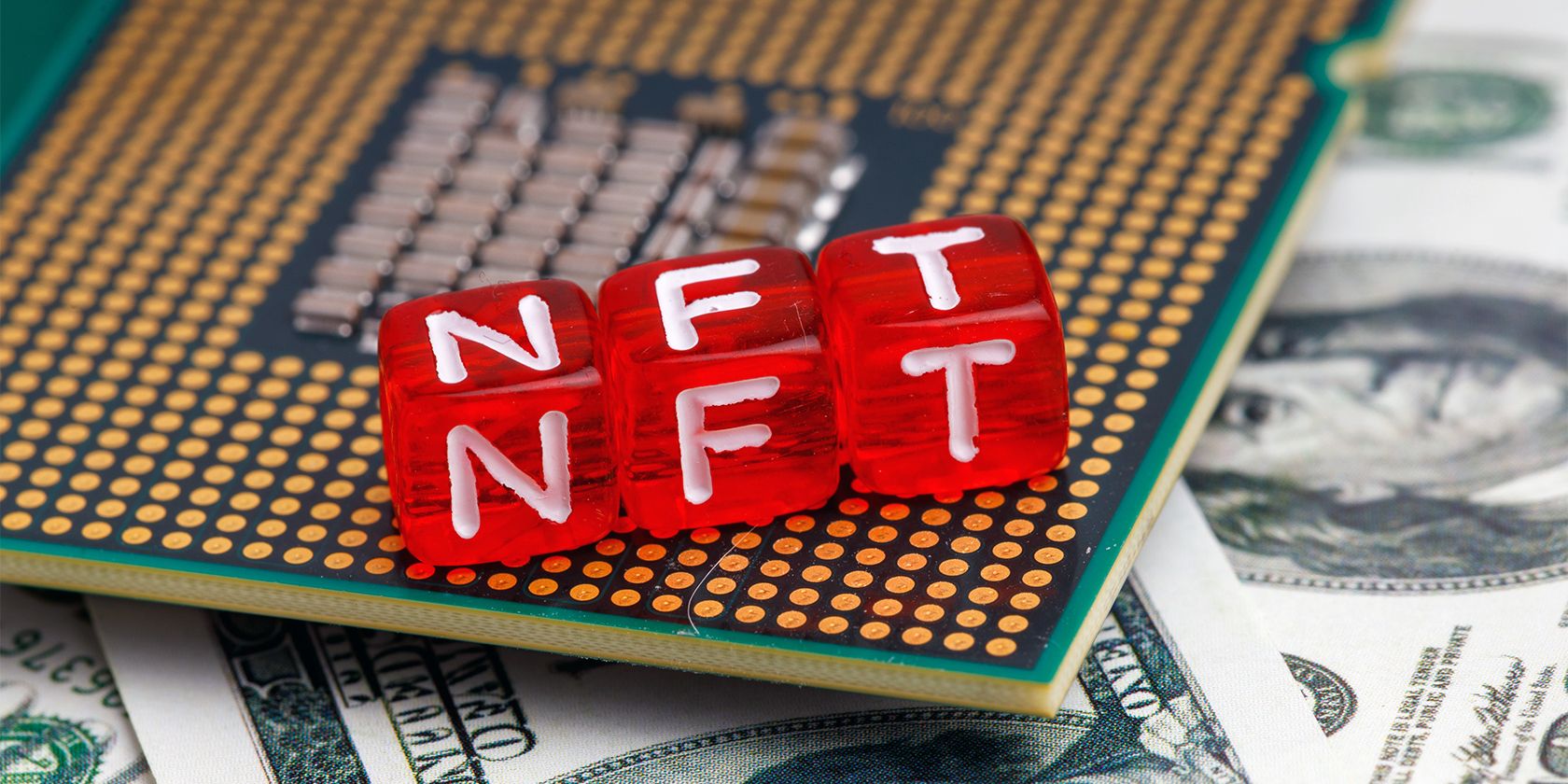
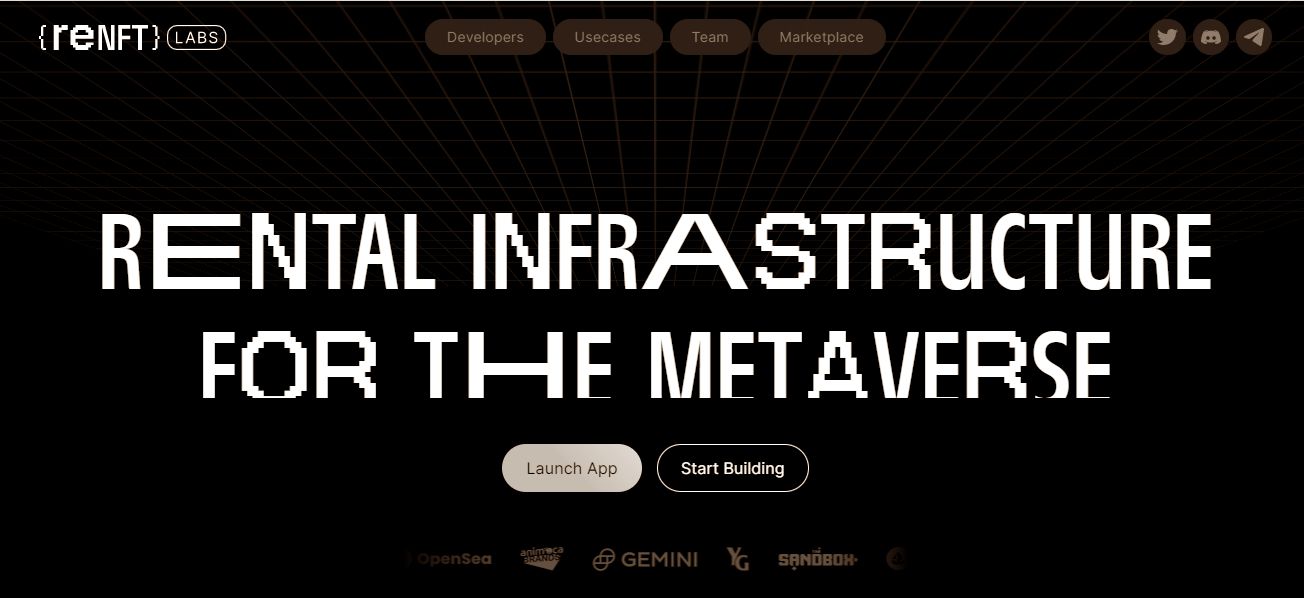
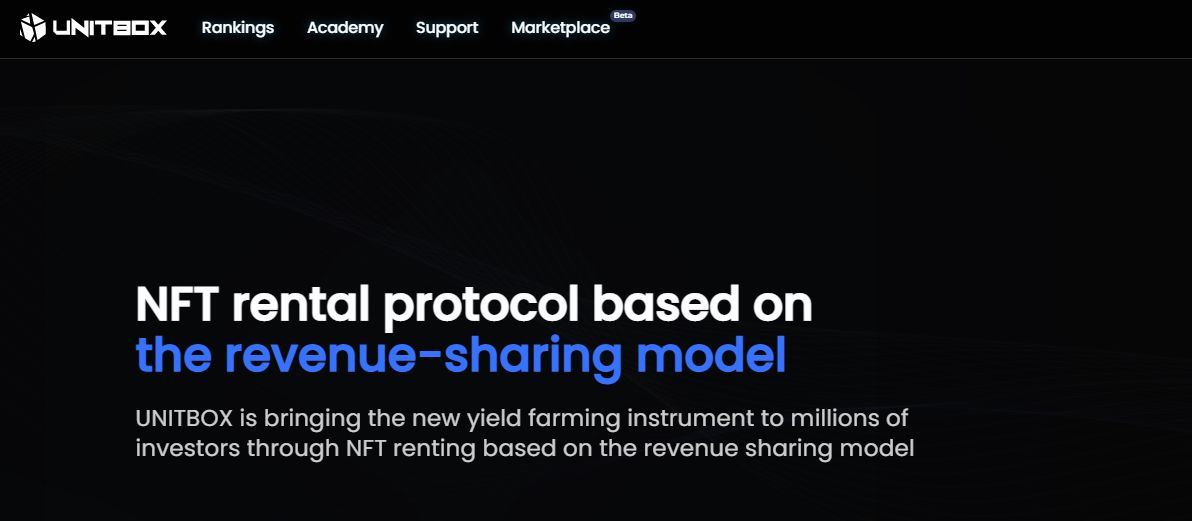
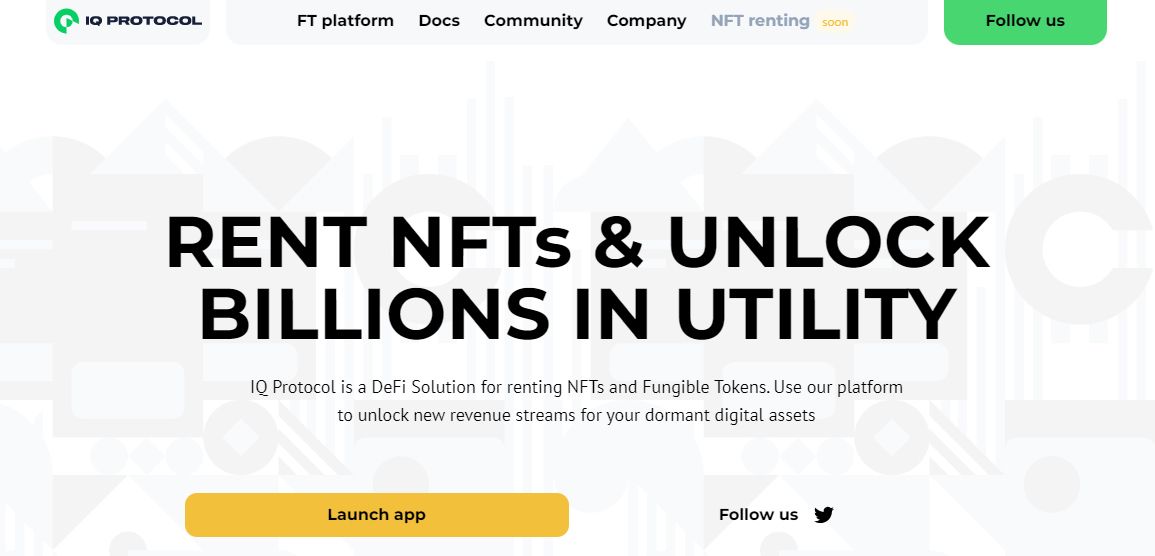




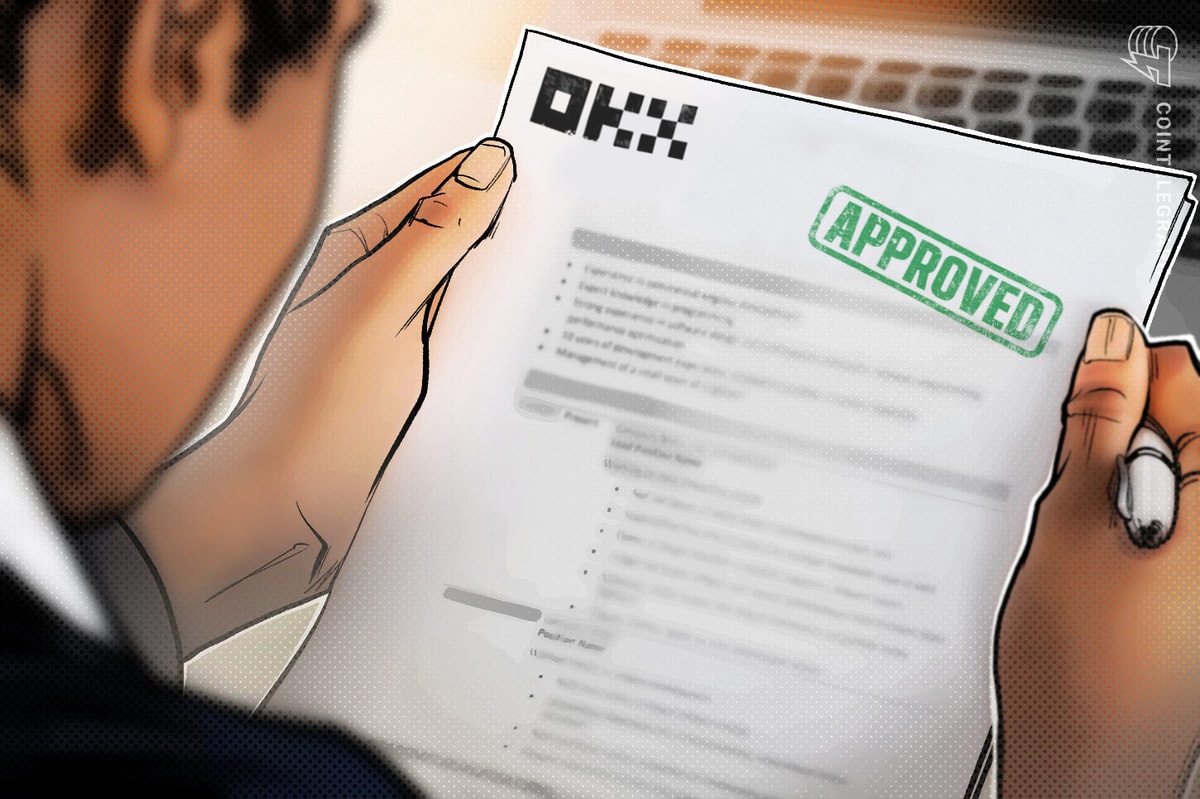


 Bitcoin
Bitcoin  Ethereum
Ethereum  Tether
Tether  XRP
XRP  Solana
Solana  USDC
USDC  Dogecoin
Dogecoin  Cardano
Cardano  TRON
TRON  Lido Staked Ether
Lido Staked Ether  Wrapped Bitcoin
Wrapped Bitcoin  Sui
Sui  Chainlink
Chainlink  LEO Token
LEO Token  Avalanche
Avalanche  Stellar
Stellar  USDS
USDS  Wrapped stETH
Wrapped stETH  Shiba Inu
Shiba Inu  Toncoin
Toncoin  Hedera
Hedera  Bitcoin Cash
Bitcoin Cash  Hyperliquid
Hyperliquid  Litecoin
Litecoin  Polkadot
Polkadot  Binance Bridged USDT (BNB Smart Chain)
Binance Bridged USDT (BNB Smart Chain)  WETH
WETH  Monero
Monero  Bitget Token
Bitget Token  Ethena USDe
Ethena USDe  Pi Network
Pi Network  WhiteBIT Coin
WhiteBIT Coin  Wrapped eETH
Wrapped eETH  Coinbase Wrapped BTC
Coinbase Wrapped BTC  Pepe
Pepe  Dai
Dai  Aptos
Aptos  Bittensor
Bittensor  sUSDS
sUSDS  OKB
OKB  Uniswap
Uniswap  BlackRock USD Institutional Digital Liquidity Fund
BlackRock USD Institutional Digital Liquidity Fund  NEAR Protocol
NEAR Protocol  Ondo
Ondo  Aave
Aave  Gate
Gate  Cronos
Cronos  Internet Computer
Internet Computer  Ethereum Classic
Ethereum Classic